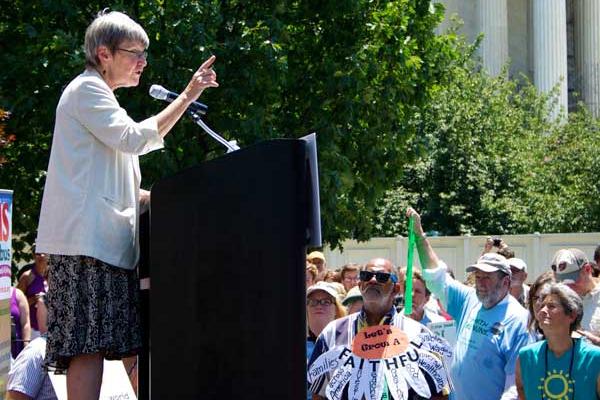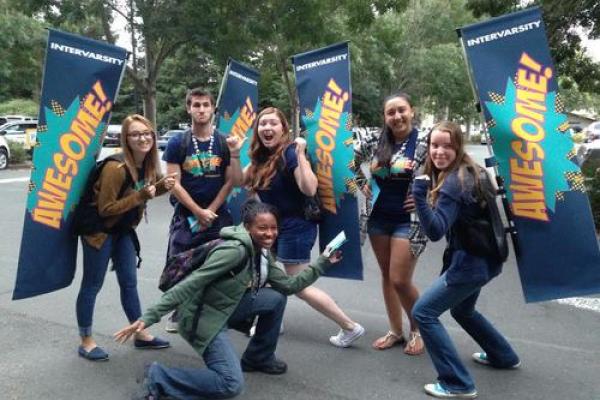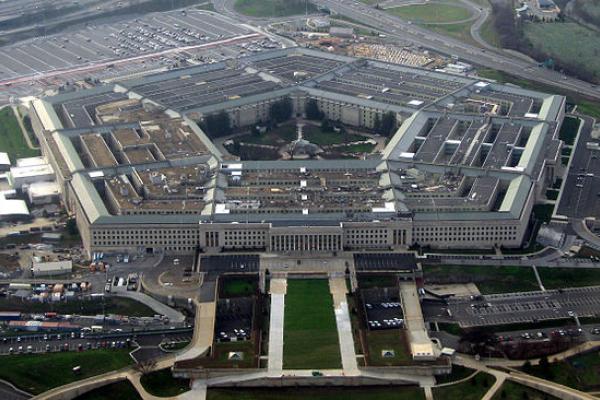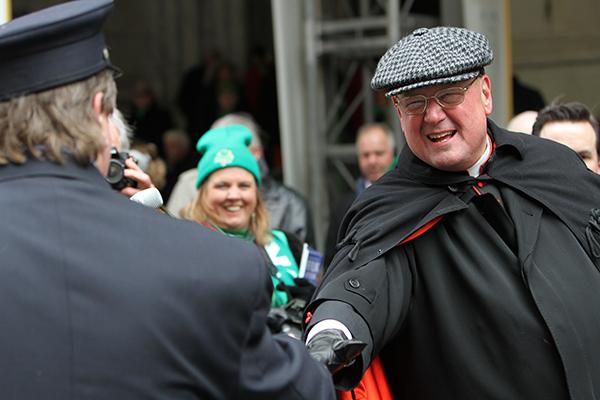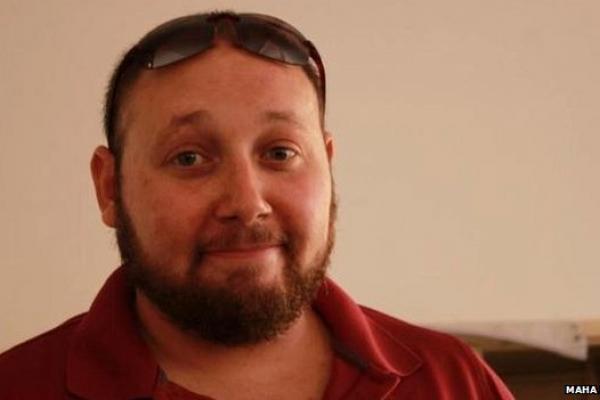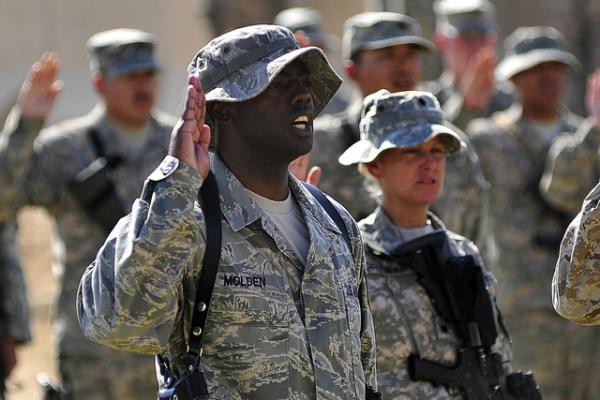My sons, Issac and Felipe are my pride and joy. My wife and I go to church with them every Sunday, and we spend our free time at the movies or enjoying a walk through downtown Chicago. We also take road trips, one of which brought us to New York City where we visited the Statue of Liberty and Ellis Island.
I brought them there because I wanted them to see
the most important American monument in person. The Statue of Liberty is the icon of freedom and a historic welcoming signal to immigrants.
Chicago is my home. It's been that way for the past 17 years. I'm a maintenance worker at a residential building and a member of SEIU Local 1. I'm kind of living the American dream. I say "kind-of" because my undocumented status has prevented me from pursuing better job opportunities. I had the chance to become an assistant engineer at my building but declined the offer because I'm scared of losing the job if my bosses discover that I'm undocumented.
There’s something romantic about a pair of lovebirds on the lamb, fleeing the authorities to keep their love alive. But add a few more wives, and not so much. When the first episode of “Sister Wives” aired on TLC featuring the poly-union of Kody Brown and his four co-star wives, Utah police announced the very next day that they would investigate the illegal union. Brown promptly relocated his brood to Nevada, leaving one intolerant state for another where polygamists are allowed to run free, and from there filed a complaint in a U.S. district court challenging the law that spurned their love.
After years of struggle, last month a Utah judge struck down the state’s polygamy law , decriminalizing poly-unions in the state that has endured a relentless barrage of polygamy punch lines, even during the decades where it was expressly verboten. The case will now advance to an appeals court, but conservative harbingers are already offering “I told you sos,” largely bemoaning the slide down the slippery slope of morality opened by same-sex unions.
But is morality the only way to talk about marriage and sex? Certainly the American judiciary thinks otherwise as it hammers out the constitutionality of every union under the sun. The polygamy question could broaden the discussion among evangelicals to include nuances beyond morality.
This time it’s the Catholic sisters versus the Koch brothers.
That’s one way to look at the upcoming “Nuns on the Bus” tour, which hits the road Sept. 17 for the third time in three years, a monthlong trip though 10 key U.S. Senate battleground states to campaign against the influence of outside money on politics.
The issue has come to be identified with the wealthy industrialist brothers Charles and David Koch, whose huge contributions to conservative political causes have raised concerns about the role of “dark money” on elections.
The spigot for such undisclosed donations, which can be made by unions as well as corporations, was opened by the controversial 2010 Citizens United Supreme Court decision. That was followed by another 5-4 ruling in April of this year, McCutcheon v. Federal Election Commission.
A well-established international Christian student group is being denied recognition at almost two dozen California college campuses because it requires leaders to adhere to Christian beliefs, effectively closing its leadership ranks to non-Christians and gays.
California State University, which has 23 campuses, is “de-recognizing” local chapters of InterVarsity Christian Fellowship, an evangelical Christian group with 860 chapters in the United States. The university system says InterVarsity’s leadership policy conflicts with its state-mandated nondiscrimination policy requiring membership and leadership in all official student groups be open to all.
“For an organization to be recognized, they must sign a general nondiscrimination policy,” said Mike Uhlencamp, director of public affairs for the California State University system. “We have engaged with (InterVarsity) for the better part of a year and informed them they would have to sign a general nondiscrimination statement. They have not.”
We love the latest Facebook “book challenge" going around. It reads something like this:
"List 10 books that have stayed with you in some way. Don't over-think this — they don't have to be the 'right' books or great works of literature. Just books that have impacted you in some way."
We at Sojourners are a book-loving bunch, from religion and spirituality to politics; social justice to science; cultural history to historical fiction. Below are 10 favorite or most formative books from several staff here at Sojourners (in addition to books of the Bible, which could take several spots themselves).
See any of your favorites here? Which books do you most love? Share in the comments!
The Pentagon on Sept. 5 confirmed that the leader of al-Shabab, an al-Qaida-linked organization in Africa, was killed in a U.S. airstrike in Somalia this week.
The leader, Ahmed Abdi Godane, was targeted Sept. 1 in an airstrike that hit a vehicle and compound in a militant stronghold south of the capital, Mogadishu.
Al-Shabab has been linked to a number of attacks in Africa, including the bloody siege at the upscale Westgate Mall in Nairobi, Kenya, in September 2013 that killed 67 people.
“Removing Godane from the battlefield is a major symbolic and operational loss to al-Shabab,” Pentagon Press Secretary Rear Admiral John Kirby said in a statement.
At the time of the strike, the Pentagon said it could not confirm Godane’s death.
Cardinal Timothy Dolan’s positive reaction to this week’s decision by organizers of New York’s annual St. Patrick’s Day parade to allow gay groups to march under their own banners initially drew charitable responses in many Catholic Church circles.
But it didn’t take long for conservative church critics to turn.
After initially signaling his grudging acceptance, William Donohue of the Catholic League came back with a revised view when he realized that more than one gay group could be allowed to march in the future.
“The goal of these activists, supported by the corporate elite, is to neuter the religious element of the parade,” Donohue said. “This is an Irish-Catholic parade, and if what comes after the hyphen is cut, so will the parade’s support, beginning with the Catholic League.”
As thousands gathered Sept. 5 at Temple Beth Am in Miami to mourn journalist Steven Sotloff, they paid tribute to the one quality his family and friends tried hard to conceal from his Islamic State captors: his Jewishness.
Sotloff was not only Jewish, he held U.S.-Israel dual citizenship. But during that terrible year of his captivity, dozens of family and friends worked to scrub that detail from any public mention of the 31-year-old reporter for fear he would be persecuted for it. It appears word never got out, though he was brutally beheaded nonetheless.
In death, the Jewish values that informed his life are coming forward. One of the most moving testimonies Friday came from a childhood classmate Danielle Berrin, who writes for the Jewish Journal in Los Angeles.
Speaking to Jose Diaz-Balart on his morning MSNBC talk show, Berrin said Sotloff’s Jewish education was “one of the beautiful things” about him.
Children are suffering from violence in the U.S. and around the world.
Michael Brown. The children of Gaza. The refugees of Central America. Only three of numerous heart-breaking stories to fill the airwaves in the last month. But, unlike the gruesome murders of innocent news reporters by ISIL, these news stories about violence toward unarmed children have faced loud voices justifying that violence.
These voices argue for the “rule of law.” They insist on the inherent goodness of hyper-militarized, monocultural police forces using tanks and tear gas against peaceful protestors. They claim the inherent righteousness of the state of Israel, even after the bombing of United Nations schools. They defend border guards and those who clamber into busses to scream violence and hate at asylum-seeking children.
So, the wounded or dead are put on trial and convicted for their own deaths, even though they were unarmed children. It’s their fault. To say otherwise is just foolishness.
Some Corinthian Gentiles and Jews must have reacted in exactly this way to the teaching of Paul. Jesus was crucified by the Romans — the imperial power that had brought peace to the city of Rome and quiet to the provinces, that legendary pax Romana about Augustus Caesar himself boasted. This was Paul’s testimony.
The American Humanist Association said Sept. 4 that an airman at Nevada’s Creech Air Force Base who crossed out “so help me God” in the oath the Air Force requires servicemen and women to sign was told in August he must sign it as is or leave the Air Force.
The AHA’s Appignani Humanist Legal Center sent a letter to the Air Force on the airman’s behalf demanding he be allowed to sign a secular version of the oath. The U.S. Constitution allows freedom of religious beliefs and prohibits religious tests for holding public office or public trust, the letter states.
The airman’s name is being withheld by AHA.
“The Supreme Court has held on a number of occasions that it is unconstitutional to force anyone to take an oath that affirms the existence of a supreme being,” said Monica Miller, an attorney for AHA and author of the letter. “Numerous federal courts have specifically held that forcing an atheist to swear to God violates the Free Exercise Clause as well as the Establishment Clause.”


